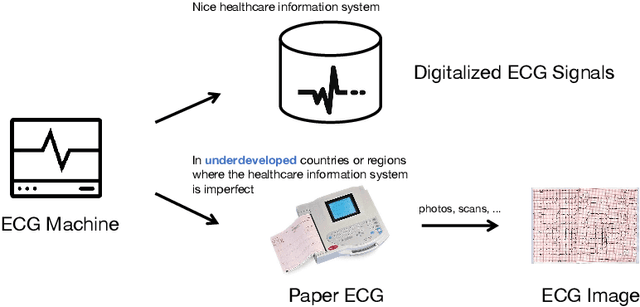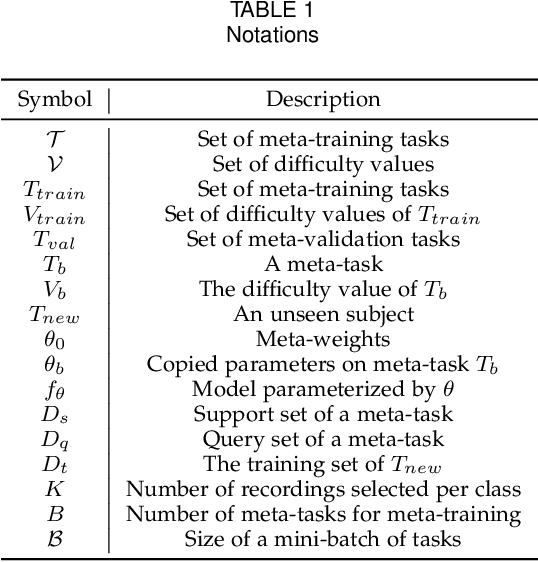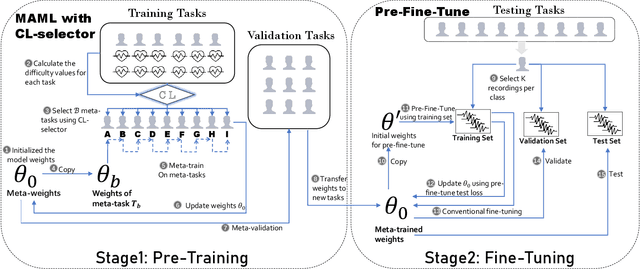Linlin Zheng
Artificial Intelligence System for Detection and Screening of Cardiac Abnormalities using Electrocardiogram Images
Feb 10, 2023



Abstract:The artificial intelligence (AI) system has achieved expert-level performance in electrocardiogram (ECG) signal analysis. However, in underdeveloped countries or regions where the healthcare information system is imperfect, only paper ECGs can be provided. Analysis of real-world ECG images (photos or scans of paper ECGs) remains challenging due to complex environments or interference. In this study, we present an AI system developed to detect and screen cardiac abnormalities (CAs) from real-world ECG images. The system was evaluated on a large dataset of 52,357 patients from multiple regions and populations across the world. On the detection task, the AI system obtained area under the receiver operating curve (AUC) of 0.996 (hold-out test), 0.994 (external test 1), 0.984 (external test 2), and 0.979 (external test 3), respectively. Meanwhile, the detection results of AI system showed a strong correlation with the diagnosis of cardiologists (cardiologist 1 (R=0.794, p<1e-3), cardiologist 2 (R=0.812, p<1e-3)). On the screening task, the AI system achieved AUCs of 0.894 (hold-out test) and 0.850 (external test). The screening performance of the AI system was better than that of the cardiologists (AI system (0.846) vs. cardiologist 1 (0.520) vs. cardiologist 2 (0.480)). Our study demonstrates the feasibility of an accurate, objective, easy-to-use, fast, and low-cost AI system for CA detection and screening. The system has the potential to be used by healthcare professionals, caregivers, and general users to assess CAs based on real-world ECG images.
MetaVA: Curriculum Meta-learning and Pre-fine-tuning of Deep Neural Networks for Detecting Ventricular Arrhythmias based on ECGs
Mar 01, 2022



Abstract:Ventricular arrhythmias (VA) are the main causes of sudden cardiac death. Developing machine learning methods for detecting VA based on electrocardiograms (ECGs) can help save people's lives. However, developing such machine learning models for ECGs is challenging because of the following: 1) group-level diversity from different subjects and 2) individual-level diversity from different moments of a single subject. In this study, we aim to solve these problems in the pre-training and fine-tuning stages. For the pre-training stage, we propose a novel model agnostic meta-learning (MAML) with curriculum learning (CL) method to solve group-level diversity. MAML is expected to better transfer the knowledge from a large dataset and use only a few recordings to quickly adapt the model to a new person. CL is supposed to further improve MAML by meta-learning from easy to difficult tasks. For the fine-tuning stage, we propose improved pre-fine-tuning to solve individual-level diversity. We conduct experiments using a combination of three publicly available ECG datasets. The results show that our method outperforms the compared methods in terms of all evaluation metrics. Ablation studies show that MAML and CL could help perform more evenly, and pre-fine-tuning could better fit the model to training data.
 Add to Chrome
Add to Chrome Add to Firefox
Add to Firefox Add to Edge
Add to Edge